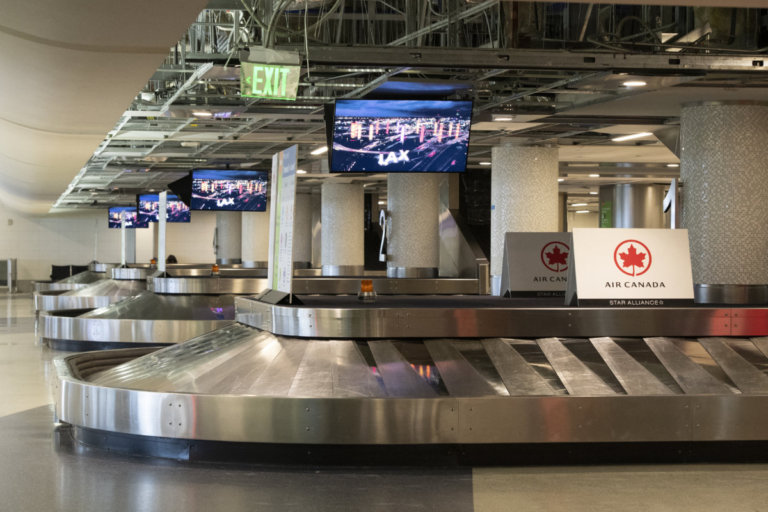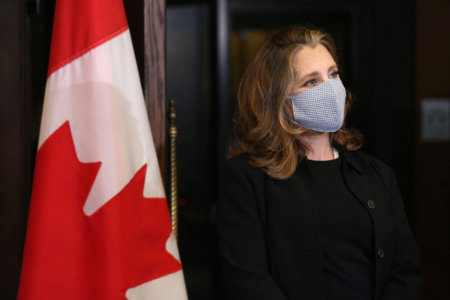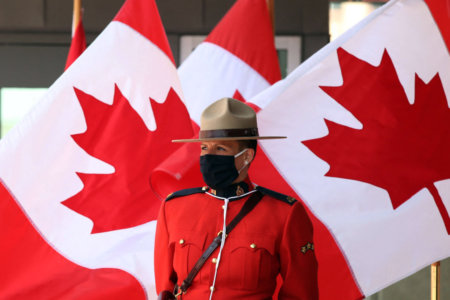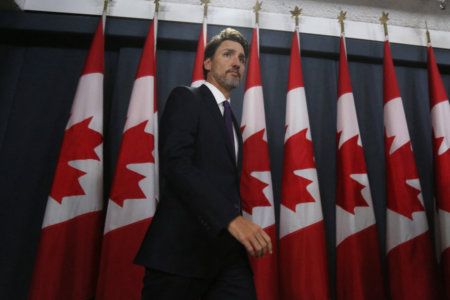
Canada travel restrictions have been extended until June 21, including travel between Canada and the US. This means that all non-essential movements will be put on hold till then. There are no exceptions for vaccinated travellers at this time, and the previous testing and quarantine requirements remain in place until further notice.
In February, Trudeau’s government announced that all travellers entering Canada must undergo mandatory polymerase chain reaction (PCR) testing at the airport upon arrival, on top of the pre-boarding test Canada already requires. They must then await the results at an approved hotel for up to three days. Those who test negative must self-quarantine for two weeks and do another test on the 10th day — they may do this at home “under significantly increased surveillance and enforcement.”
Here’s what you need to know about the latest Canada travel restrictions.
Even the smallest action can create a ripple. By getting vaccinated, you’re helping everyone get back to the people and places we love.
Learn more about #COVID19 vaccines and book your appointment as soon as you’re eligible. https://t.co/qWPDnzvNti#CovidVaccine pic.twitter.com/vVKIVZzWX1
— Health Canada and PHAC (@GovCanHealth) May 18, 2021
Can international students enter Canada?
The short answer: it depends on your university. Only certain groups are excluded from Canada travel restrictions right now: Canadians, permanent residents and their family members, as well as select temporary foreign workers and international students. International students may only return to Canada if their learning institution has an approved COVID-19 readiness plan.
When will Canada travel resume?
On May 18, Prime Minister Justin Trudeau suggested that the southern border with the US may reopen when at least three-quarters of the Canadian population is vaccinated. “We’re all eager to get back to normal, but we know that before we get back to normal, cases need to be under control and over 75% of people need to be vaccinated,” he said at a news conference, as reported by CIC News. As of right now, over 46% of Canadians have received their first dose of the vaccine.
According to Bloomberg, the US and Canada may come up with a new system to allow vaccinated individuals to cross the border without quarantine.










